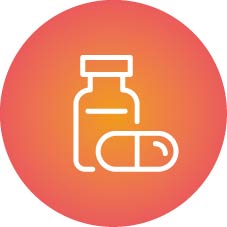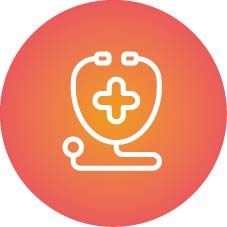As the coronavirus pandemic continues, tough calls are being made to protect our most vulnerable from COVID-19. For many people over the age of 70 years old, this means strong recommendations to self- isolate at home for as long as practicable. These measures are...







